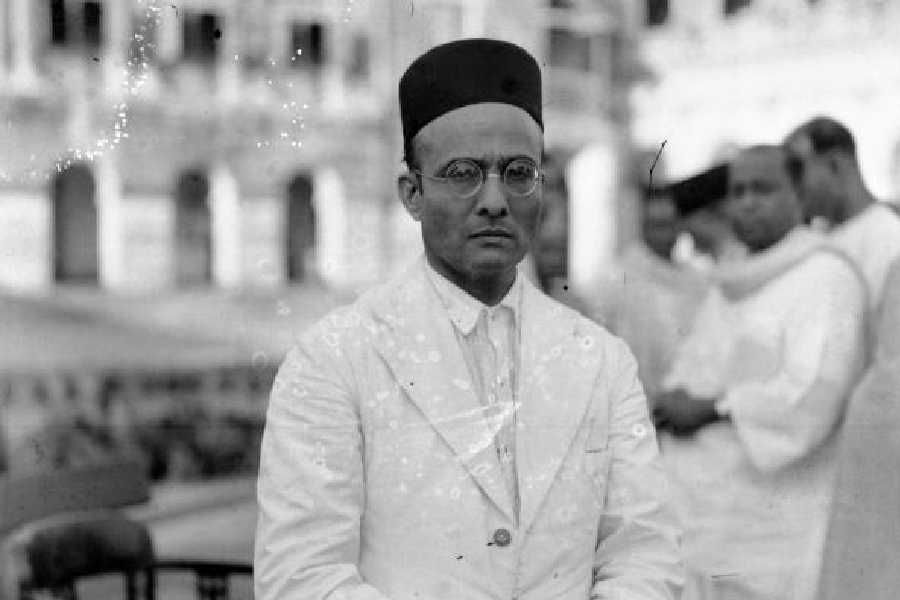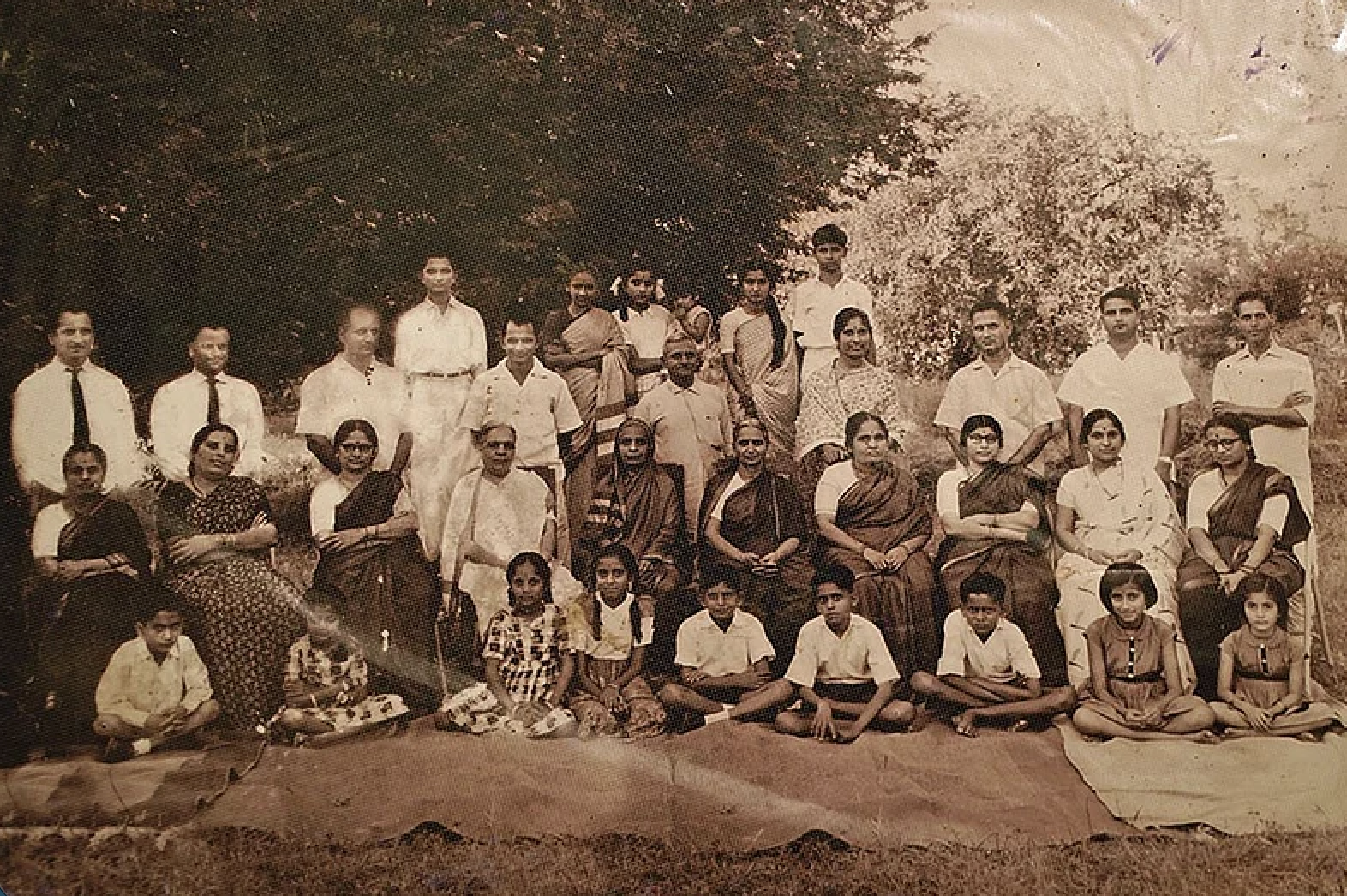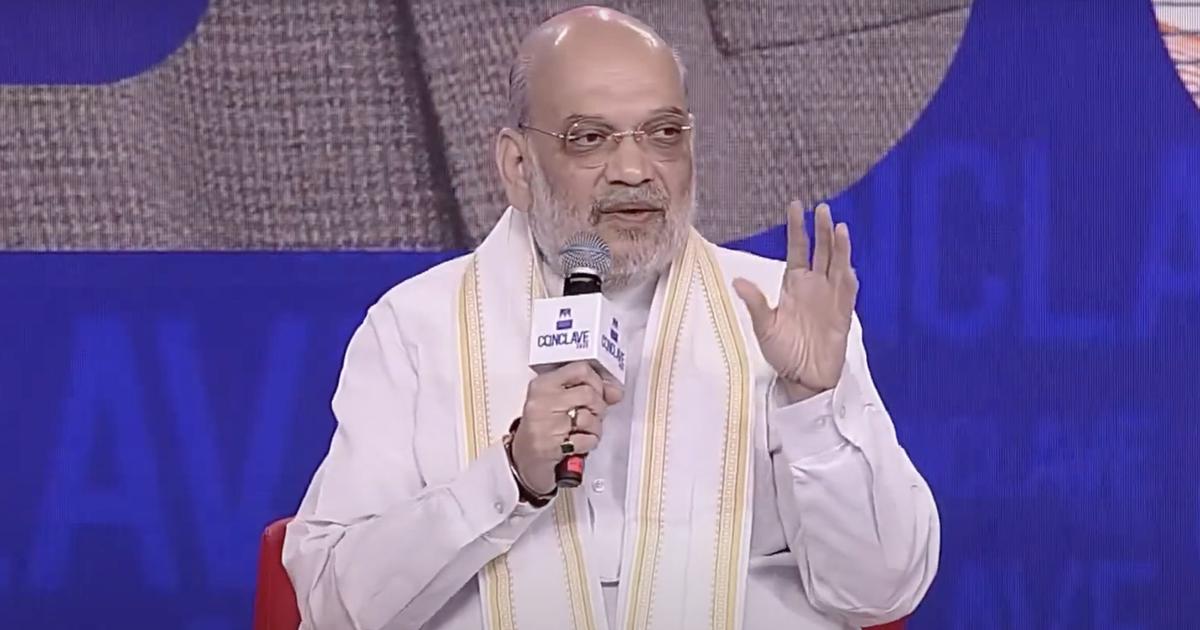
In January 2019, when the Citizenship (Amendment) Bill was first passed in the Lok Sabha, Assam saw widespread protests against the proposed law and the BJP. The next month, however, the Bill lapsed after it was not presented in the Rajya Sabha. Despite stiff opposition in Assam during that period, the saffron party promised to bring the Bill back after returning to power. And they kept their promise.
After sweeping the national elections in the Northeastern region, they reintroduced the Bill. The Bill was finally passed in Parliament and became an Act in December of that year. This led to protests marked by chaotic violence and arson. Subsequent retaliation by security forces left four dead in Guwahati. The BJP and its allies, however, overcame the damage of the anti-CAA agitation to register a decisive victory in the 2021 state elections.
The CAA makes it easier for migrants belonging to six non-Islamic religions — Hindus, Sikhs, Buddhists, Jains, Parsis, and Christians — from Afghanistan, Bangladesh and Pakistan to apply for Indian citizenship. The amendment’s purported aim is to easily grant Indian citizenship to those who have faced religious persecution in the three neighbouring Muslim-majority countries.
When the Modi government explored the possibility of combining the CAA with a pan-India NRC, it triggered widespread protests and heated debates as to whether the state could use the duo to snatch away the citizenship of Muslims.
As the well-known scholar of citizenship, Niraja Gopal Jayal points out the threat of the nationwide NRC coupled with the CAA showed that ‘the fig leaf of illegal immigration is being used to bring the citizenship of all Muslim citizens into question’ (emphasis original). However, in the face of protests —mainly led by Muslims — across the country against such a CAA-NRC combo plan, the BJP-led government eventually stepped back from any further rhetoric about it.
This story was originally published in thequint.com. Read the full story here.






